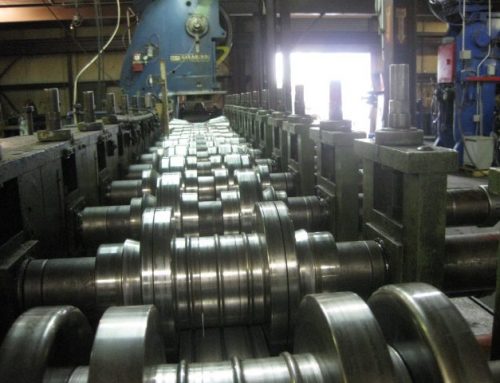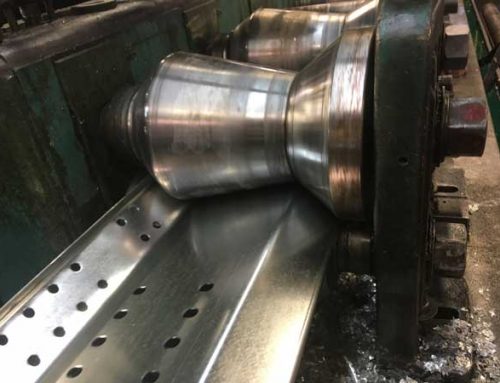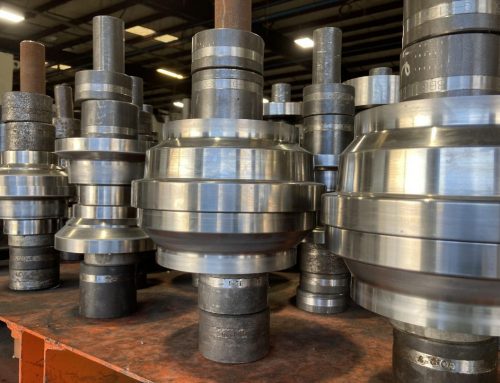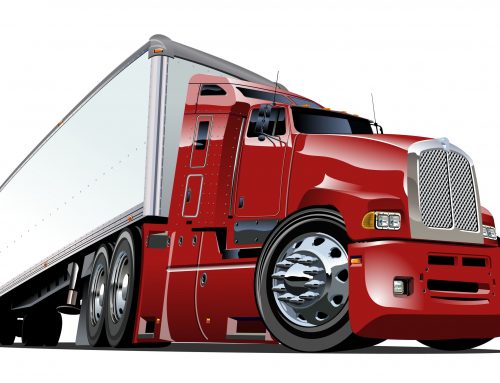“Sustainability” has grown to become an essential business strategy in manufacturing and is important to the team at Roller Die + Forming. Shareholders continually push manufacturers for evidence of their sustainable practices Roll forming can be considered a naturally sustainable manufacturing process. High material utilization, minimal downtime for changeover and the ability to integrate multiple processes into a one piece flow promotes high rates of operational efficiency. In each case the manufacturer and the customer benefit from these process paybacks[ii]. Due to the fact that the roll form process does not require an edge trim process, and with minimal discarded material in the cut-off operation, the reduction of offal is tremendous, and material waste is greatly reduced. Downtime (also considered waste) is reduced in changing over from one length of part to the next through simple programing; there is no need to change dies simply to change lengths or even hole patterns from part number to part number in the same tool family. Finally, operational efficiency increases once the roll line is set and the mill begins to produce parts. Roll forming is a safe, repeatable, and dynamic process capable of meeting a wide variety of part quality, material, and performance requirements. For more information on the sustainable benefits roll forming can provide your business, please contact Roller Die + Forming at 502-804-5571. Our experienced staff of business professionals and engineers would be happy to assist you in discovering how the roll forming process can be applied to your metal component needs. You can also visit our website at www.rollerdie.com for additional information. [i] http://www.industryweek.com/environment/shareholders-press-manufacturers-disclose-their-sustainability-efforts [ii] http://www.rollerdie.com/roll-forming-advantage/
Roll Forming: a Sustainable Manufacturing Process
[i]. As a result, manufacturing companies are investing heavily in bringing their products, process, and plants up to certified sustainable levels as well as purchasing components supporting the same attributes. Maintaining a sustainable business practice has become a way for companies to differentiate themselves even in the most commoditized marketplaces.






